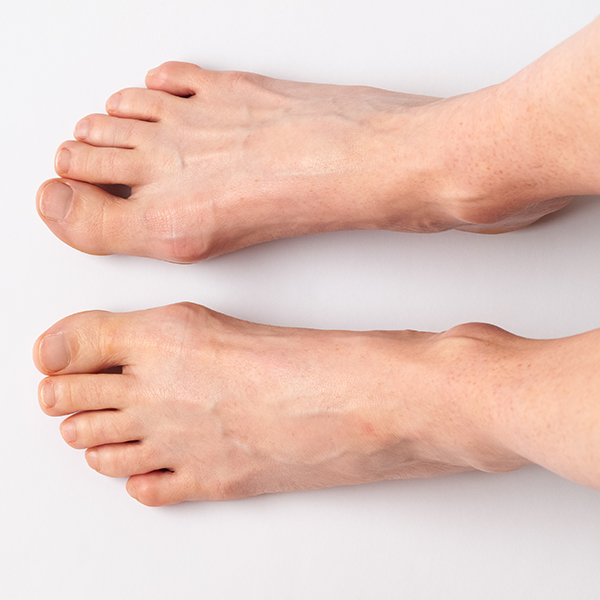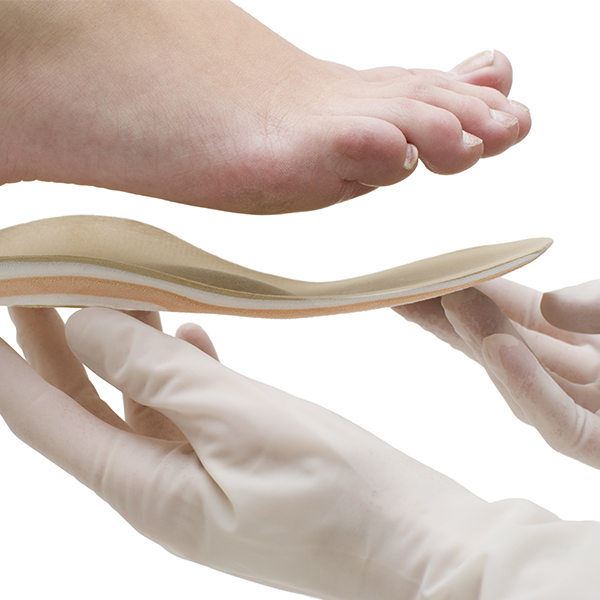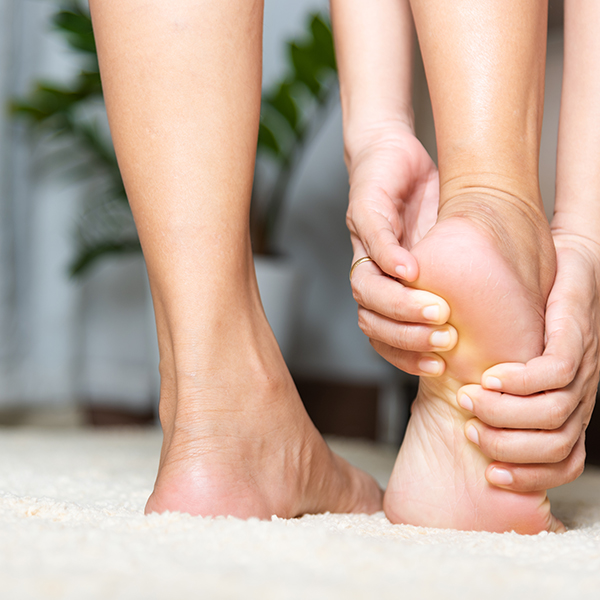Common Questions
Podiatry, the medical specialty devoted to the care of the feet and ankles, plays a vital role in maintaining overall health and mobility. Whether you're dealing with foot pain, sports injuries, or diabetic complications, understanding podiatric care can help you make informed decisions about your health. Here are 15 common questions about podiatry answered:
A podiatrist, also known as a foot doctor or podiatric physician, is a medical specialist trained in diagnosing, treating, and preventing conditions affecting the feet, ankles, and lower extremities..
You should consider seeing a podiatrist if you experience persistent foot pain, swelling, numbness, tingling, or any other abnormal symptoms related to your feet or ankles. Additionally, if you have diabetes, it's essential to have regular foot examinations to prevent complications.
Podiatrists treat a wide range of conditions, including but not limited to:
- Bunions
- Plantar fasciitis
- Ingrown toenails
- Heel spurs
- Corns and calluses
- Athlete's foot
- Hammertoes
- Achilles tendonitis
- Fungal toenails
- Neuromas
- Diabetic foot complications
- Foot and ankle fractures
- Sports injuries
Orthotics are custom-made shoe inserts designed to correct biomechanical foot issues and provide support and stability. While not everyone needs orthotics, they can be beneficial for individuals with flat feet, high arches, or other foot abnormalities causing pain or discomfort.
To prevent foot problems, it's essential to practice good foot hygiene, wear properly fitting shoes, maintain a healthy weight, avoid walking barefoot in public areas, stretch before exercise, and inspect your feet regularly for any signs of abnormalities.
In most cases, moderate exercise is safe and beneficial for foot health. However, if you experience foot pain during exercise, it's essential to modify activities, wear supportive footwear, and consult with a podiatrist to identify and address the underlying cause of pain.
While flip-flops may be convenient in certain situations, they lack arch support and shock absorption, increasing the risk of foot pain and injuries. Prolonged use of flip-flops can contribute to conditions such as plantar fasciitis, Achilles tendonitis, and stress fractures.
If you have diabetes, proper foot care is crucial to prevent complications such as diabetic neuropathy, foot ulcers, and infections. To care for your feet, inspect them daily, keep them clean and moisturized, wear supportive footwear, avoid walking barefoot, and schedule regular foot exams with a podiatrist.
While it may be tempting to treat ingrown toenails at home, attempting to cut or dig them out yourself can lead to infection and further complications. It's best to seek professional care from a podiatrist, who can safely and effectively treat ingrown toenails using various methods.
Heel pain can have various causes, including plantar fasciitis, heel spurs, Achilles tendonitis, stress fractures, and bursitis. A podiatrist can evaluate your symptoms, perform diagnostic tests, and recommend appropriate treatment to alleviate heel pain and restore function.
Wearing high heels regularly can contribute to foot pain, bunions, hammertoes, plantar fasciitis, and other foot deformities. To minimize the risk of foot problems, limit the time spent wearing high heels, choose lower-heeled shoes with adequate support, and alternate shoe styles to reduce stress on your feet.
The recovery time after foot surgery depends on the type of procedure performed, the extent of the surgery, and individual factors such as overall health and adherence to postoperative instructions. While some patients may recover within a few weeks, others may require several months to achieve full recovery and return to normal activities.
When choosing a podiatrist, consider factors such as their education, training, experience, specialty areas, patient reviews, and communication style. It's essential to find a podiatrist who listens to your concerns, explains treatment options clearly, and works collaboratively with you to achieve optimal foot health.
Podiatry encompasses a wide range of services aimed at diagnosing, treating, and preventing conditions affecting the feet and ankles. By seeking timely podiatric care and practicing preventive measures, you can maintain healthy feet and enjoy an active lifestyle free from foot pain and limitations. If you have any concerns about your foot health, don't hesitate to consult with a qualified podiatrist for personalized care and guidance.











